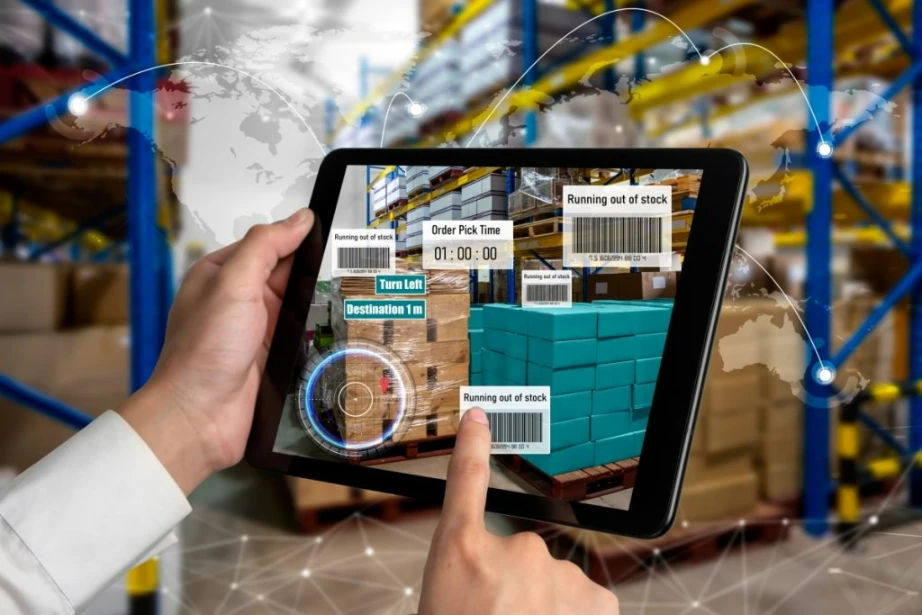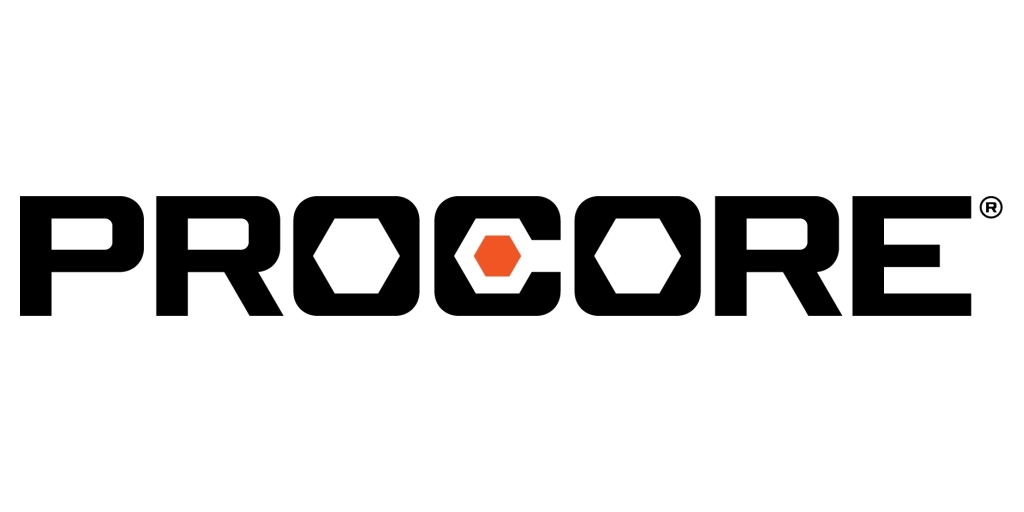
The retail industry is ready for change, and so are its consumers. Having a much higher bar than their bargain-hunting predecessors, buyers now consider convenience & flexibility as an absolute must while continuing to crave personalized service & experiences.
While ‘e-tailing’ has been around since the 90’s, buyers since have transitioned into a more receptive audience. And innovators of customer experience aren’t far behind. Technologically, they are undergoing a metamorphosis as change makers. Let’s take a quick look at how artificial intelligence is taking the retail sector by storm.
Inventory cost reduction
A smart way to operate, inventory control systems are a norm in today’s retail world. Keeping a track of items received and sold to avoid product overstock and outages. With CLOUDSUFI’s intelligent inventory optimization, unstructured data insights can be useful in interpreting order forecasting & fulfillment, inventory stocking and order response time.
Data collection & analysis
Data analytics is used for processing copious amounts of data which is then disbursed to make crucial decisions for the business. When data is collected, super-sized data sets help predict product procurement, supply chain movement, customer demand and overall market conditions. Retail analytics is particularly useful in mapping customer buying behavior. Data and Analytics tools when applied to the retail process can help identify customer interests and this information can be used to offer the most suitable products for them. A win-win for the organization as well as the buyer, merchandising optimization through data analysis increases visibility and profitability in all channels.
Single customer view
A 360-degree customer view can have an enormous positive impact on business sales. A unique insight in the customers’ digital footprint, the customer one view serves as a ‘golden record’, as it collects data from various sources to merge into one accurate record of each customer. A must have technology for retail businesses, CLOUDSUFI customizes this process through:
- Consent based marketing
- Personalized marketing techniques
- Streamlining customer service
Predictive analytics
Affinity analysis, as its known is used to cluster customers based on the common attributes or buying patterns. This type of data mining, statistical modelling and analysis help businesses identify future outcomes. The key to gaining insights from predictive analytics is not just gathering historical information but also keeping the current systems running smoothly through constant predictive maintenance.
When data representation is held by organizations in the above formats, they can seamlessly engage with their consumers at all touch points.
Path to Intelligent Retail
While it continues to drive market profitability through various touch-points, the adoption of technology in the retail sector is not without its challenges, the very first being constant change and businesses struggling to keep up with ever-changing client expectations. Maintaining customer loyalty becomes a close second hurdle while the third being employee turnover. Also, finding the right technological solutions tailored for a specific type of business can be exhausting.
As the retail industry explores through the many facets of technology, customer experience continues to evolve. While its implementation can seem overwhelming for a business looking for a quick-fix, the pros far exceed the cons. And as it grows into something with enormous potential, businesses are gearing up to expand their horizons and finally take notice of the impact AI can have on retail processes.





















